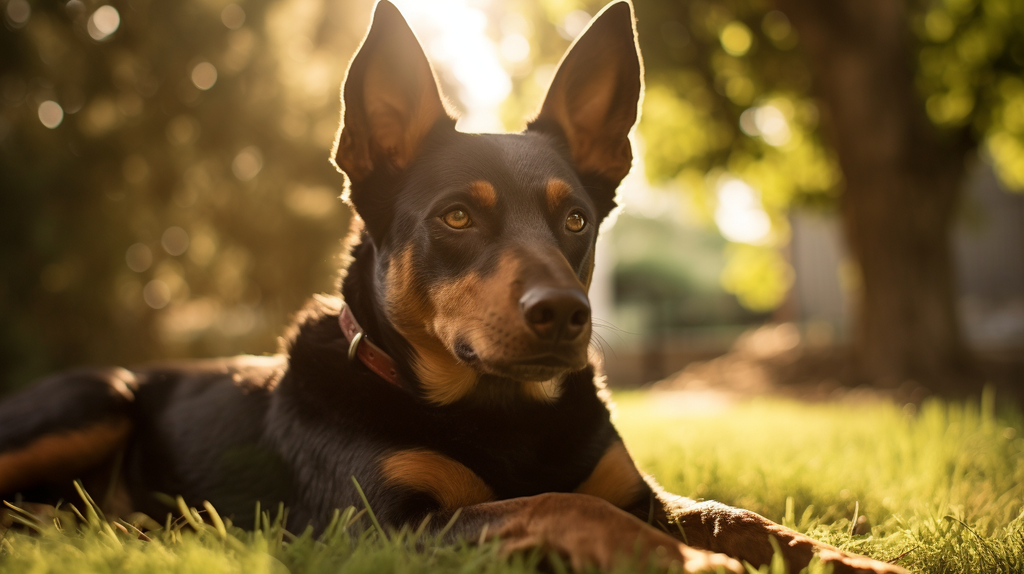Australian Kelpie
The Enduring Cattle Dog
The Australian Kelpie is a dog breed known for its incredible endurance and work ethic. Known for their skillful and efficient herding, these dogs are loyal and courageous, with a strong desire to please and work. This article will go through the origins of the breed, its characteristics and what it takes to become the owner of an Australian Kelpie.
Origin
The Australian Kelpie originates from Australia, where it was originally developed to handle livestock in the harsh Australian climate. The breed is descended from imported British sheepdogs, and its name comes from a Scottish water leap, a reference to the breed's ability to move easily and nimbly over both land and water.
Size
Australian Kelpies are medium sized dogs. The males are normally between 46-51 cm in height at the withers and the bitches are between 43-48 cm. Their weight varies between 14-20 kg, depending on gender and individual genetics.
Appearance and Coat
Australian Kelpies are well-proportioned dogs with strong muscles and a lively and alert demeanor. They have almond-shaped eyes, which are usually dark brown, and a coat that can be black, red, chocolate, smoky blue, fawn or tan, usually with tan markings. The coat is double-layered, with a short, dense undercoat and a weather-resistant topcoat.
How much fur does an Australian Kelpie shed?
Despite their short, double-layered coat, Australian Kelpies shed a considerable amount, especially during the warmer months. Regular brushing can help control the amount of loose fur and keep your dog's coat healthy and clean.
How much exercise does an Australian Kelpie require?
Australian Kelpies are very energetic and require a lot of physical activity. At least one hour of daily exercise, including walking, running, playing and activity games, is recommended to keep them happy and healthy.
Is the Australian Kelpie family friendly?
Australian Kelpies are known to be loyal and loving to their families. However, they can be reserved towards strangers. The breed can also be good with children, especially if they have grown up together. However, their high energy levels and need for constant occupation can be overwhelming for some families.

